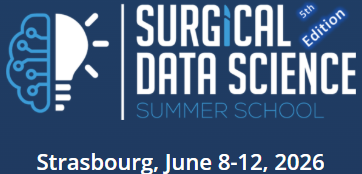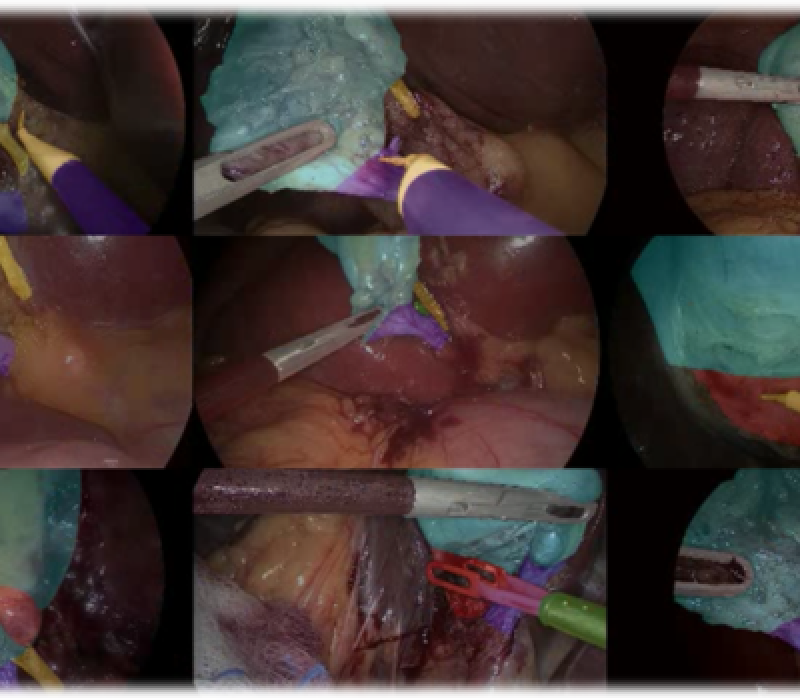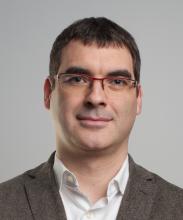
The Surgical Data Science (SDS) summer school aims to promote research and innovation on computer/data science tools of clinical value by providing multidisciplinary education on surgical data science. The school is therefore dedicated to educating clinicians and computer scientists on respective contexts, needs, tools and methodologies.
Sign-up now
We are witnessing the transformation of operating rooms into smart hubs of interconnected advanced technologies where multiple, highly specialized professionals must coordinate for the benefit of patients. Such high-stake sociotechnical process is generally highly effective but error prone. Surgical data science aims to improve the safety and efficiency of modern surgery by modelling multimodal surgical data and developing artificial intelligence (AI) algorithms to provide timely assistance to caregivers.
However, to build clinically impactful surgical data science tools there is a need for a tight and effective collaboration between clinicians and computer scientists. Currently, there is a lack of opportunities for these community to meet, learn from each other and finally develop the common language needed to team up and complement each other.

Course directors

Nicolas Padoy

Pietro Mascagni

Vinkle Srivastav

Silvana Perretta
Step Requirements

Step 1
Register on EVE

Step 2
Follow the online lectures on fundamentals of endoscopy and computer science
MANDATORY
Available from December 1st, 2025

Step 3
Apply for a chance to join the SDS Summer School taking place at the Institute of Image-Guided Surgery, IHU Strasbourg, June 8-12, 2026
Application deadline March 1st, 2026
Online Lecture Series
Fundamentals of Endoscopy
Endoscopy is the mainstay of minimally invasive interventions. In fact, endoscopic videos guide surgeons and clinicians during procedures. In this module we are going to be exploring how endoscopy is used in several clinical settings.
Fundamentals of Computer Science
Computer science has become an integral part of surgical world. Computer vision and machine learning systems are used exensively for image acquisition, robotics and clinical support.
Replay from past Summer Schools
You will find in this module most of the lectures given during the 2023, 2024 and 2025 editions of the Surgical Data Science Summer School.
Enjoy !
